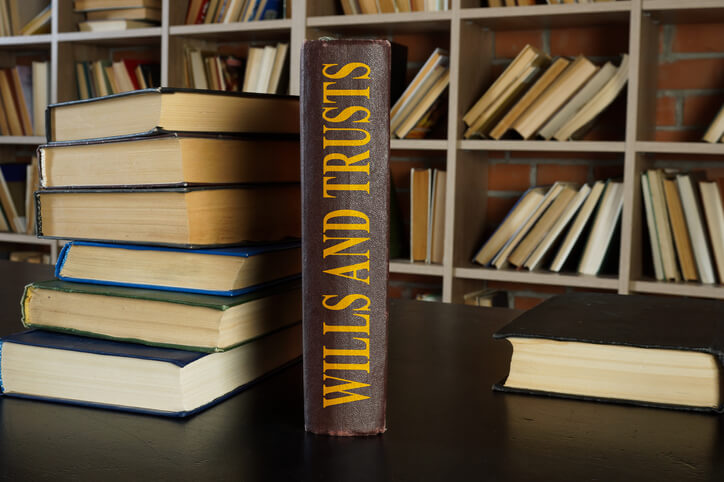In just a few weeks, New York legislators have a chance to dramatically expand state residents’ access to one of the most empowering and impactful forms of financial planning: creating a will. That’s because today’s technology makes it possible for people to easily, securely, and affordably complete the will-creation process online, from home. If legislators join us in supporting Assembly Bill 7702/ Senate Bill 8501, we can make electronic wills (or “e-wills”) a reality in the State of New York.
It’s a change that offers enormous emotional and financial security to hundreds of thousands of families. Currently, more than two-thirds of Americans don’t have a will–and the numbers are even worse for people of color. When a person dies without a will–the legal term is “intestate”–government administrators distribute their assets according to a decades-old formula that may not reflect the individual’s wishes. The formula largely excludes “nontraditional” family members, so loved ones like live-in partners or stepchildren may be left with nothing. Intestate death can also leave heirs burdened with thousands of dollars in surprise taxes and legal costs. That’s particularly painful for families with limited resources, and stunts intergenerational wealth creation.
Most people know they should make a will–but a recent survey indicated many choose not to because they think it will be time-consuming and expensive. Unfortunately, they’re right: New York’s outdated laws mean making a will typically involves working with a lawyer; signing a will in ink, in person, in front of two witnesses, who must also sign; and getting the will notarized. The process often takes months and costs over $1500.
Such barriers keep will-making out of reach of all but the best-resourced New Yorkers. For many people–particularly older adults or those who can’t afford to take time off work–existing laws make will-creation a challenge. In fact, Americans increasingly say making a will is simply too difficult. Unsurprisingly, people earning more than $80,000 are twice as likely to have a will as those making less than $40,000. That leaves tens of thousands of families stuck in what The Atlantic magazine called a “cruel legal limbo.”
Because e-wills can be securely and affordably completed from home, they can help make wills far more accessible to all New Yorkers. Several highly reputable services offer basic e-wills, in English or Spanish, for about $200.
Some worry that e-wills may enable fraud or foul play. That’s an understandable concern–so it’s important to note the proposed legislation includes numerous provisions to ensure the wills’ security. E-wills require all the same formalities and safeguards that traditional wills do–it’s just that everything happens online. E-wills, like their paper counterparts, must be prepared and electronically signed by someone “of sound mind.” They must also be electronically signed by two witnesses before a state-authorized remote online notary. In fact, e-wills offer more anti-fraud protections than traditional wills do, including a video recording, a time-stamp audit trail, and a fraud-evident seal. The 12 U.S. states (plus the District of Columbia) that allow e-wills haven’t reported increased fraudulent activity or contested wills.
Making a will is an incredibly important and impactful form of financial planning for New York families. It’s also critical to ensuring low-income families’ financial security, building intergenerational wealth, and closing New York’s significant racial wealth gap. Writing a will should be easy, affordable, and accessible to all families, and e-wills play a key role in making that a reality. We urge our colleagues in the legislature to join us in building a stronger, more equitable future for New York by supporting Assembly Bill 7702/ Senate Bill 8501. Let’s create the opportunity for all New Yorkers to leave a financial legacy for their families.
Charles D. Lavine is the assemblymember for the 13th District of the New York State Assembly.
Brad Holyman-Sigal is the state senator for the 47th New York Senate District.
Kristen McManus is the associate state director of advocacy for AARP New York.



































